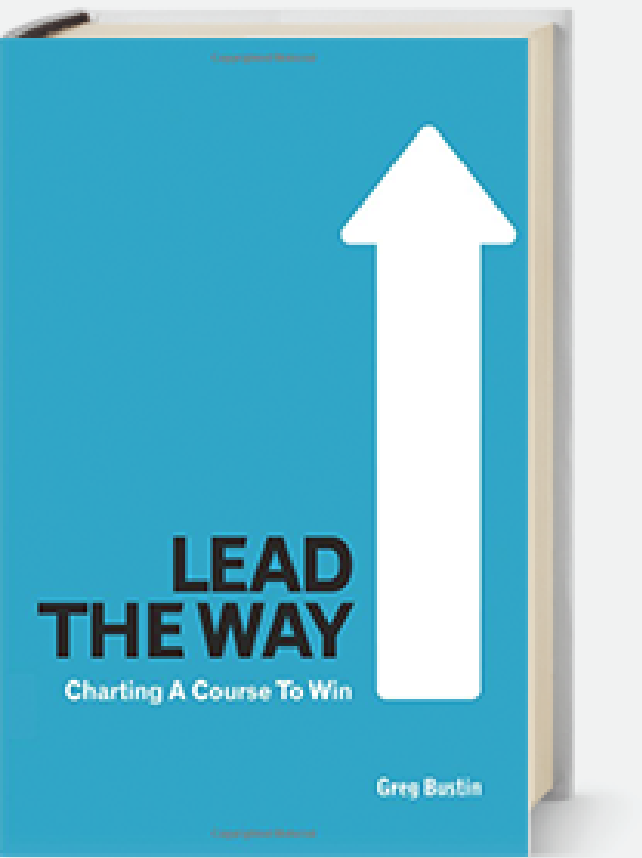
Plans are Useless
Published in Strategic PlanningThe general who orchestrated D-Day – General Dwight Eisenhower – said, “In preparing for battle, I have always found that plans are useless, but planning is indispensable.”
It’s true that a poor planning process is a giant distraction and a huge waste of time.
Which may explain why four out of five small and mid-sized businesses don’t operate from a written plan.
What’s stopping you?
Do you believe that preparing a budget is the same thing as preparing a plan? Planning is not about budget building. It’s about trust building. Budgets are built after your plan is built.
Not sure how to create a realistic plan? I’ve spelled out the two-day process in my book Lead The Way.
Concerned that planning is a giant time-waster because no single individual really owns what’s in the plan? Involve those that will execute the plan. Establish rewards and penalties as part of your plan. Failure to set expectations on the front end means chaos, emotional turmoil and under-performance on the back end.
Concerned that changing marketplace conditions will render the plan obsolete within weeks of its development? Set up monthly accountability meetings to check status, address issues and adapt.
The paradox of planning is that the very act of preparing a plan will help you and your team pinpoint significant opportunities for increased effectiveness and profitability even though the chances are good you won’t implement your plan as it was developed. What’s more, a written plan becomes the contract to drive accountability in the workplace.
This is what makes planning indispensable.
Ready to reset?
Attend my free Accountability webinar: I Did It! to set and achieve your 2021 goals.
- February 17th from 11 AM – 12:30 PM Central Time
- My free webinar will help you:
– Sharpen your personal goals
– Improve time management
– Tackle tough work-related issues
– Support remote workers
Learn More
To dive even deeper into the topic of accountability, I invite you to purchase a copy of my bestselling book, “Accountability: The Key to Driving a High-Performance Culture.”
Become a better leader.
Download my three free e-books.
Free Tips
Sign up to receive free tips on business, leadership, and life.
Get My Latest Book
HOW LEADERS DECIDE
History has much to offer today’s current and aspiring leaders.
Business schools teach case studies. Hollywood blockbusters are inspired by true events.
Exceptional leaders are students of history. Decision-making comes with the territory.



